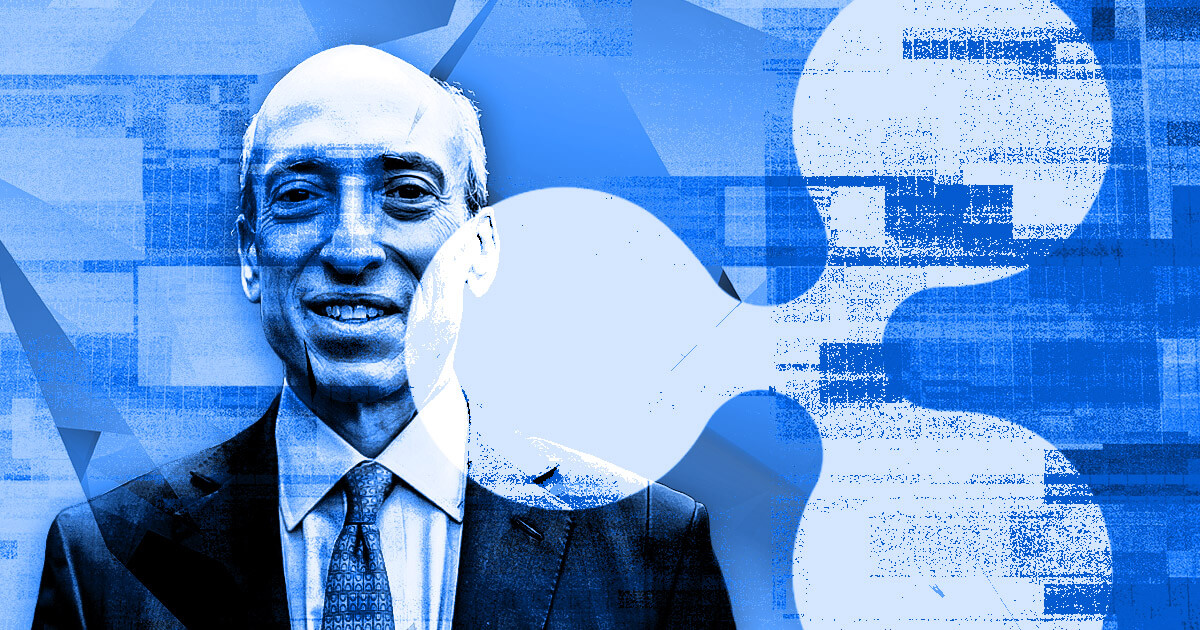
Ripple’s (XRP) chief legal officer, Stuart Alderoty, asserted that Gary Gensler, the U.S. Securities and Exchange Commission (SEC) Chairman, is set to make statements that may be misleading during his appearance before the Senate Committee on Financial Services.
In a Sept. 27 post on his X(formerly Twitter) account, Alderoty contended that Gensler might assert the existence of a ‘crypto asset securities market’ and suggest that tokens inherently qualify as investment contracts.
According to Alderoty, this statement is false, considering Judge Analisa Torres’ landmark ruling in Ripple’s case against the financial watchdog. He said:
“Perhaps just one representative will read this line from the Court’s 7/13/23 decision in the Ripple case: “XRP, as a digital token, is not in and of itself a “contract, transaction[,], or scheme” that embodies the Howey requirements of an investment contract.”
What Gensler plans to say
SEC Chair Gensler is set to double down on his views that the crypto industry falls under the purview of the Commission, according to his written testimony for the Senate Committee on Financial Services.
Gensler reiterated his opinion that “most crypto tokens are subject to the securities laws,” adding that the crypto industry was rife with non-compliance with existing laws. Per his statement, crypto intermediaries, like exchanges, must also comply with securities laws.
The SEC Chair further touted some of the rule-making efforts of the Commission, saying:
“The SEC also has addressed the crypto security markets through rulemaking. We issued a reopening release that reiterated the applicability of existing rules to platforms that trade crypto asset securities, including so-called “DeFi” systems. This release also provided supplemental information for systems that would be included in a new, proposed exchange definition.”
He concluded that the SEC has brought enforcement actions against wrongdoers to promote investor protection.
Gensler’s strict regulatory approach towards the crypto industry has drawn criticism from stakeholders who have highlighted how the SEC was stretching decades-old securities laws to emerging crypto finance models like decentralized autonomous organizations (DAOs) and decentralized finance (DeFi) protocols.






